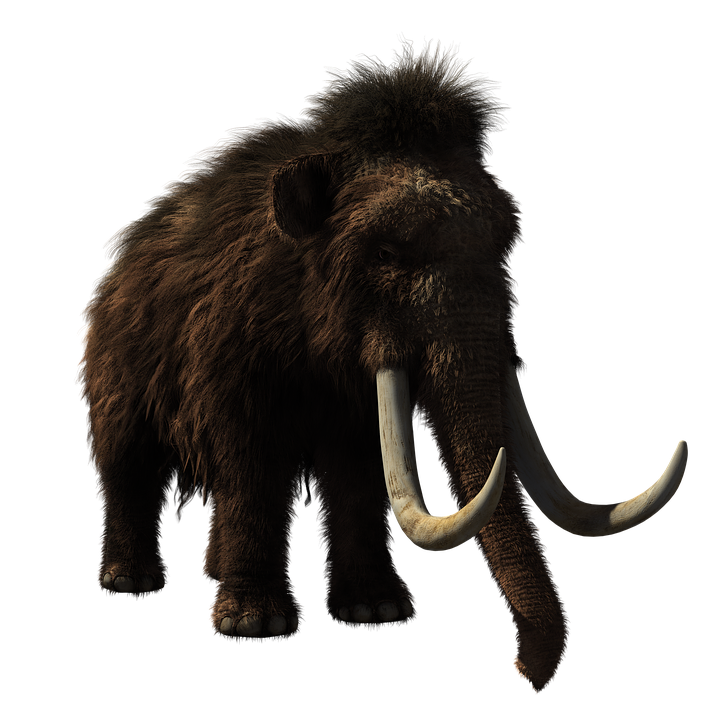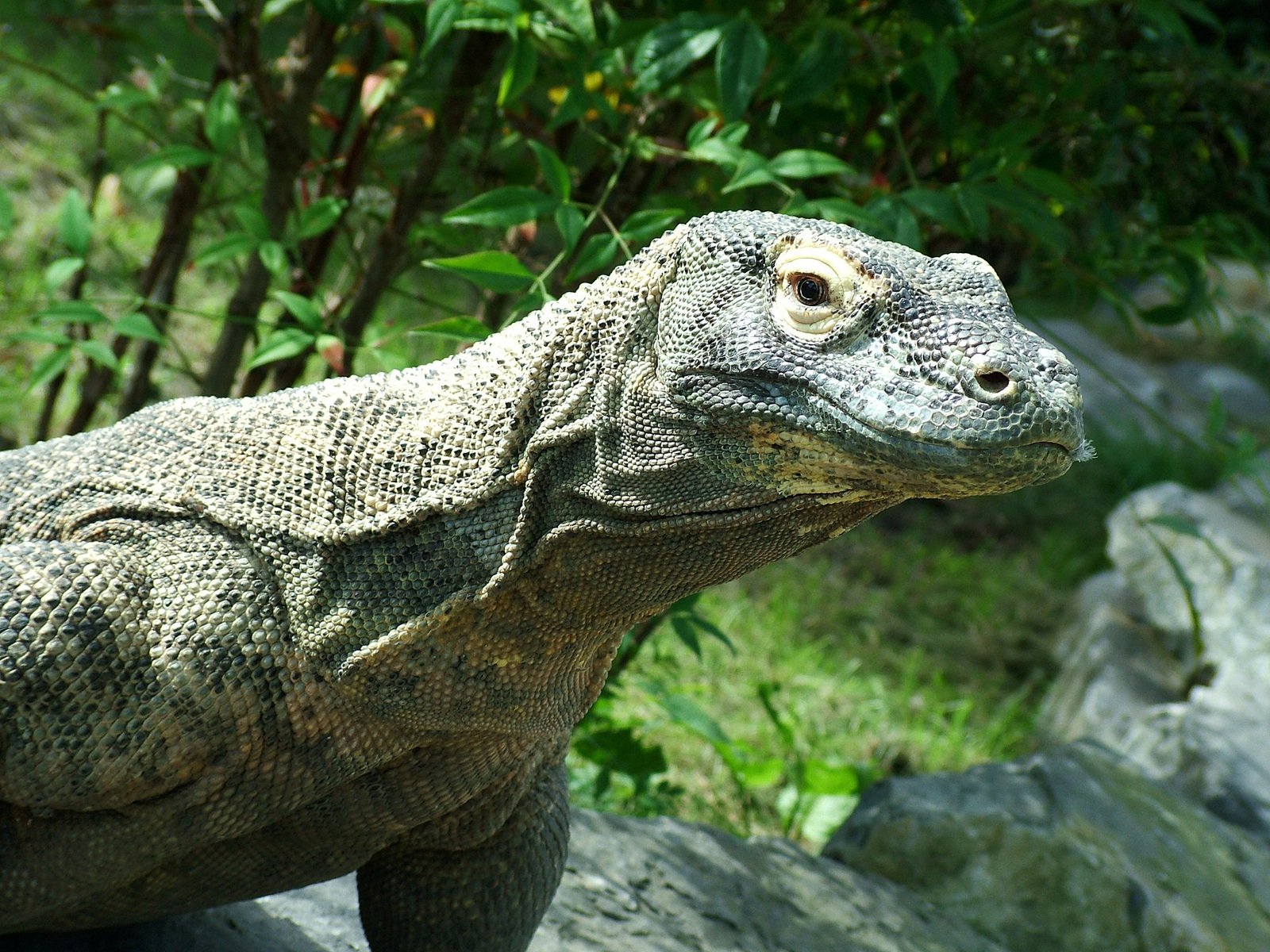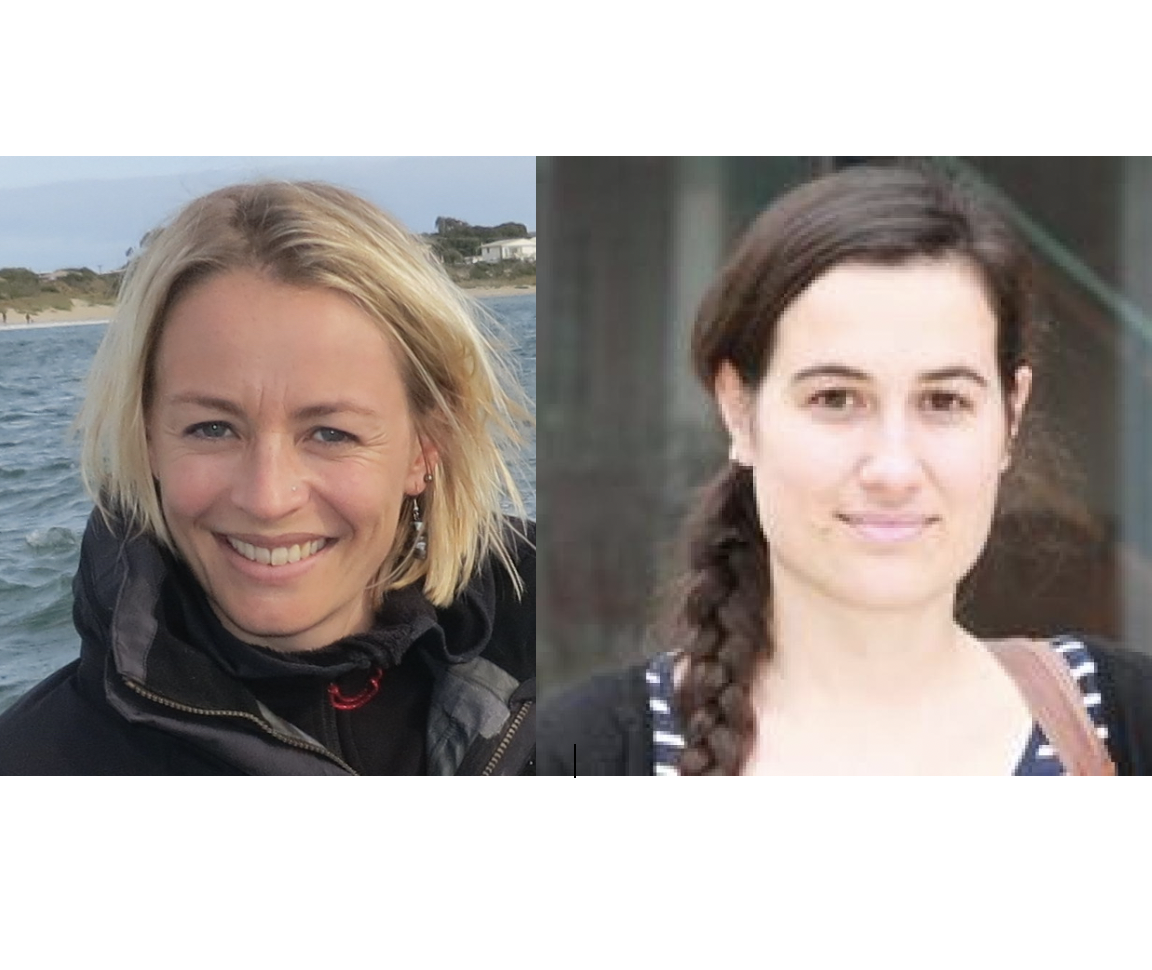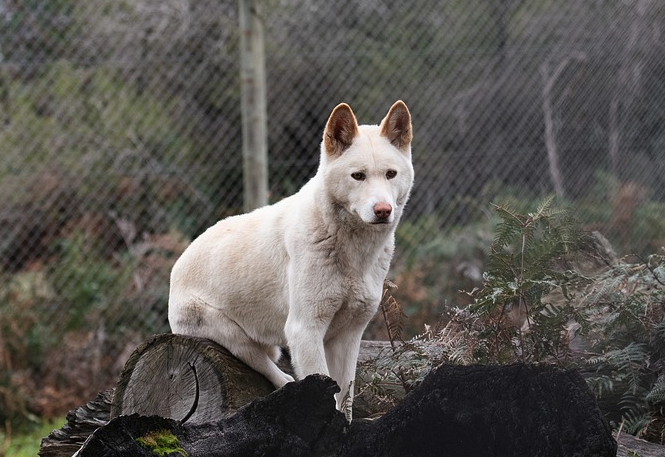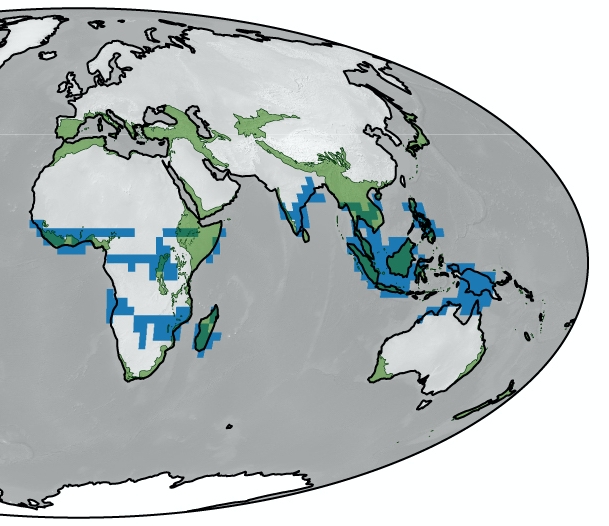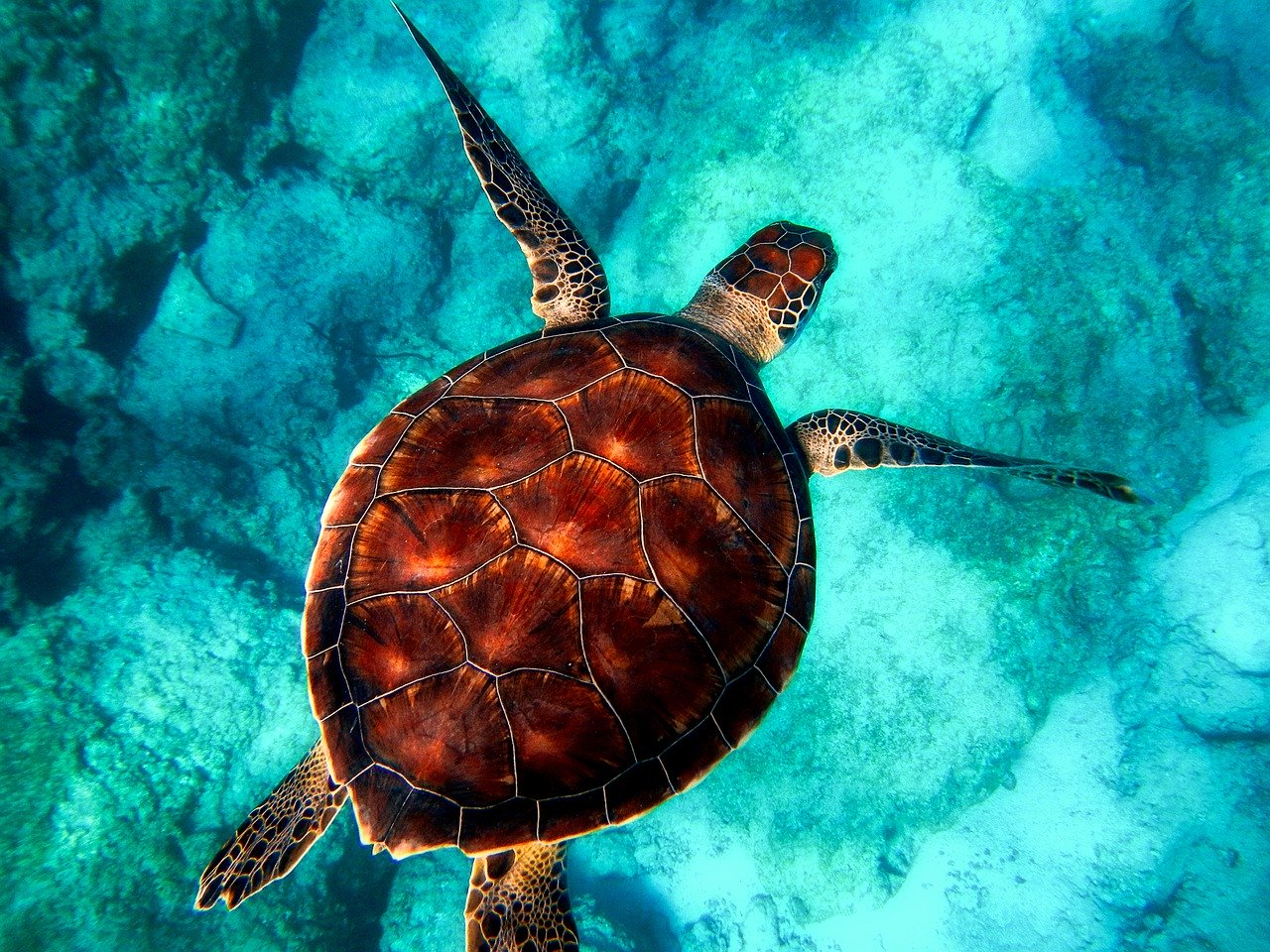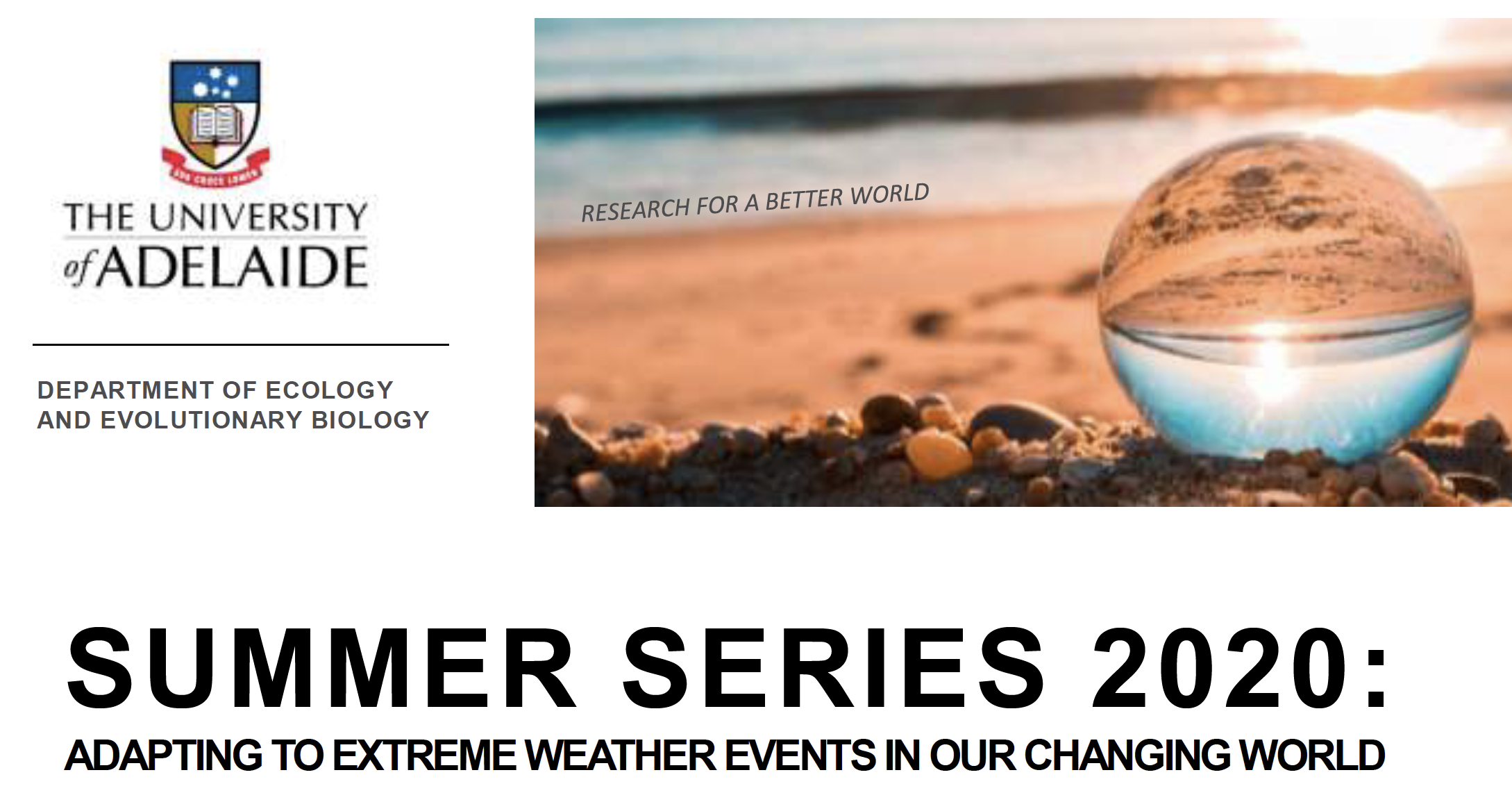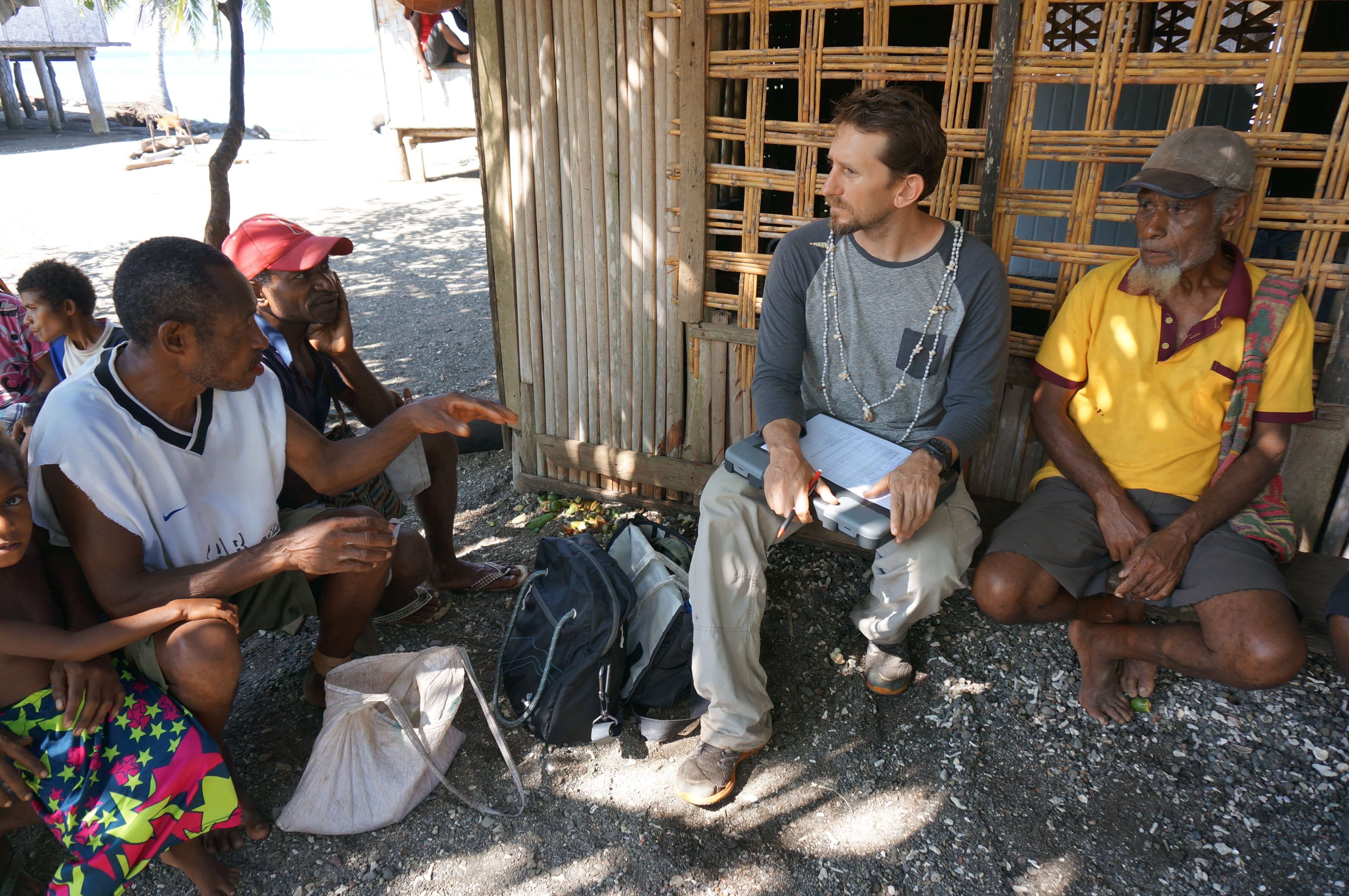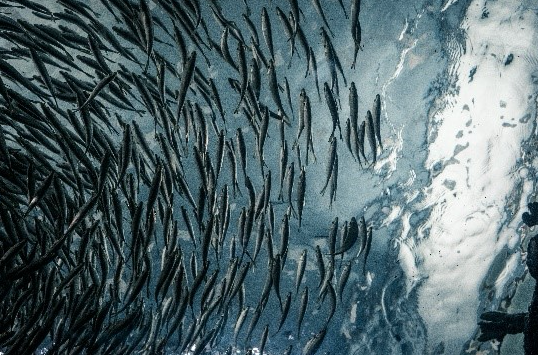BLOGS WEBSITE
TAG: Damien Fordham
Ocean warming threatens richest marine biodiversity
An international team of scientists led by researchers from the University of Adelaide has revealed that rates of future warming threaten marine life in more than 70 per cent of the most biodiverse-rich areas of Earth’s oceans. “Our research shows that locations with exceptionally high marine biodiversity are the most exposed to future oceanic warming, […]
Comments Off on Ocean warming threatens richest marine biodiversity
Humans hastened the extinction of the woolly mammoth
New research shows that humans had a significant role in the extinction of woolly mammoths in Eurasia, occurring thousands of years later than previously thought. An international team of scientists led by researchers from the University of Adelaide and University of Copenhagen, has revealed a 20,000-year pathway to extinction for the woolly mammoth. “Our research […]
Comments Off on Humans hastened the extinction of the woolly mammoth
Unique Komodo dragons under threat by climate change
The world’s largest lizard, the Komodo dragon, could be driven to extinction by climate change unless significant measures to intervene are taken soon. A new international study, led by the University of Adelaide and Deakin University, has found that the impact of both global warming and sea-level rise threatens the extinction of Komodo dragons, which […]
Comments Off on Unique Komodo dragons under threat by climate change
Environment Institute receives two out of four Future Fellowships awarded to the University of Adelaide
We are immensely proud of our researchers’ achievements, receiving two Future Fellowships today. In the ARC Future Fellowships 2020 round 1, Environment Institute member and ARC DECRA fellow Dr Camille Mellin, of the Fordham Lab has received $739,557.00. Her research will summary includes: Safeguarding coral reef fisheries for future food security. This Fellowship aims to […]
Comments Off on Environment Institute receives two out of four Future Fellowships awarded to the University of Adelaide
Two PhD Scholarships available in global change ecology
Joint PhD Scholarships in Macroecology and Biodiversity Conservation available now. Two enthusiastic PhD students are required to work on a hot topic in global change ecology: How do biological mechanisms mediate responses of biodiversity to climate – and human-driven change? The successful candidates will be enrolled in a dual award PhD program recently established between […]
Comments Off on Two PhD Scholarships available in global change ecology
Guaranteeing faster speeds for generating maps of climate change through time
In January, the University of Adelaide’s, Environment Institute launched PaleoView on Google Cloud. Guest post by Julia Aaron Pilowsky PaleoView provides users with the capability to generate climatic conditions over the past 21,000 years in a matter of minutes to hours, depending on the region and time period of interest. PaleoView is a freeware developed by […]
Comments Off on Guaranteeing faster speeds for generating maps of climate change through time
MEDIA RELEASE: Past climate safe havens now most vulnerable
The Environment Institute’s climate research featured in Nature. The profound threat of future climate change to biodiversity demands that scientists seek ever more effective ways to identify the most vulnerable species, communities, and ecosystems. In a new study, published in Nature Climate Change, an international team of scientists has shown that the most biodiverse regions […]
Comments Off on MEDIA RELEASE: Past climate safe havens now most vulnerable
Summer Series 2020: Adapting to extreme weather events in our changing world
The Summer Series 2020 is a fantastic way to start the year of research. Join us for this informative presentation series at the University of Adelaide. Our speakers are exceptional, inclusive and innovative. These speakers educate, engage, and energise our community. They represent the diversity in our research interests and community – approaches, career stage, […]
Comments Off on Summer Series 2020: Adapting to extreme weather events in our changing world
SEMINAR: Expert to deliver on coral reef bright spots Prof. Josh Cinner
Visiting from James Cook University, Centre of Excellence for Coral Reef Studies Prof. Josh Cinner is an expert reef biodiversity conservation. He focuses on socioeconomic factors which can influence the way people use, perceive and govern coral reefs and will be visiting the University of Adelaide to deliver a public seminar titled: Locating and learning from bright […]
Comments Off on SEMINAR: Expert to deliver on coral reef bright spots Prof. Josh Cinner
Climate change drives collapse in marine food webs
A new study has found that levels of commercial fish stocks could be harmed as rising sea temperatures affect their source of food. University of Adelaide scientists have demonstrated how climate change can drive the collapse of marine “food webs”. To be published on 10 January in the open access journal PLOS Biology, the study’s […]
Comments Off on Climate change drives collapse in marine food webs


